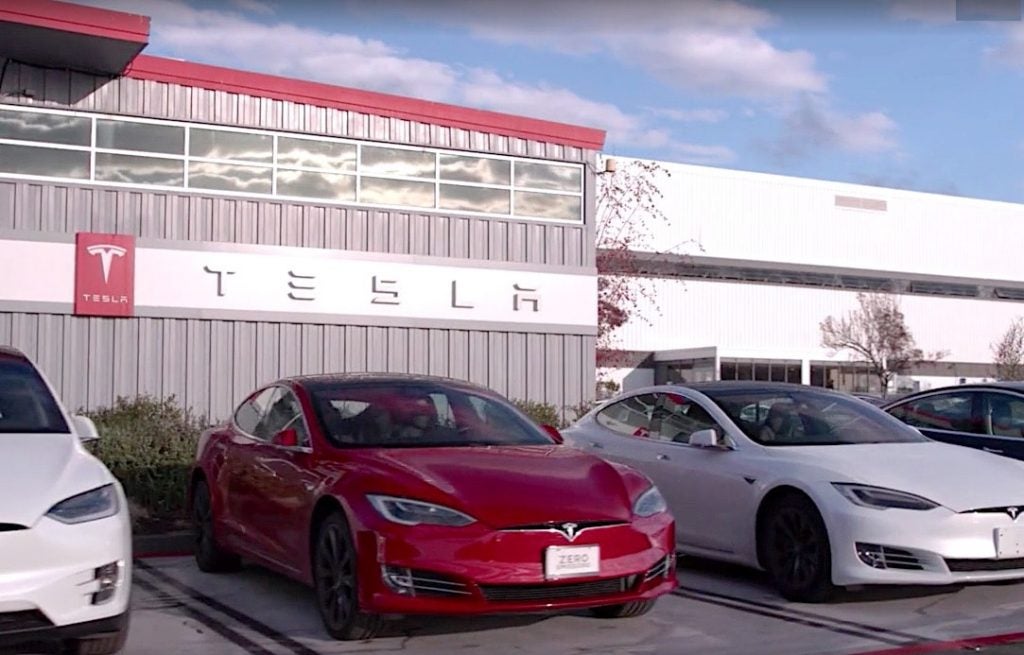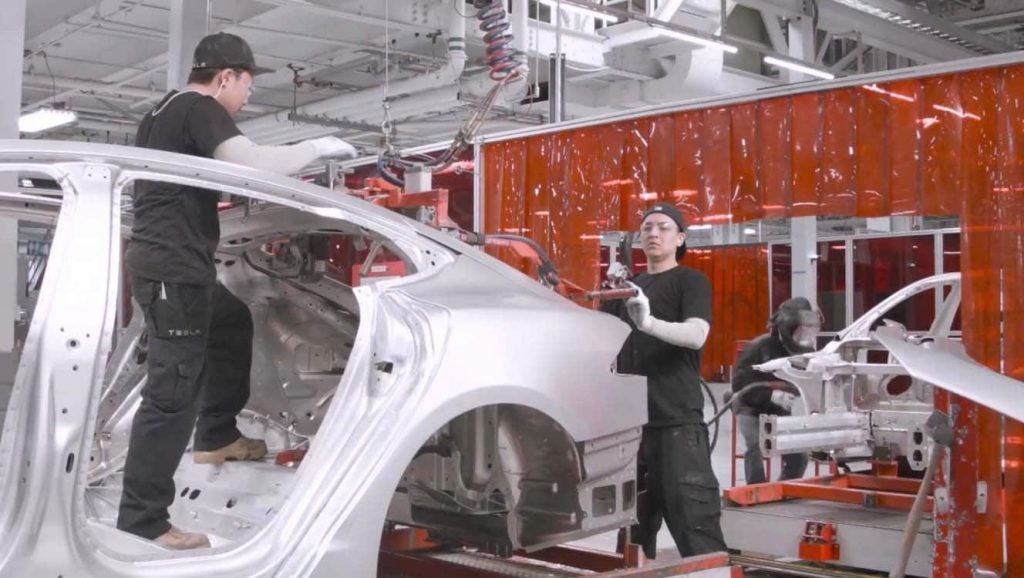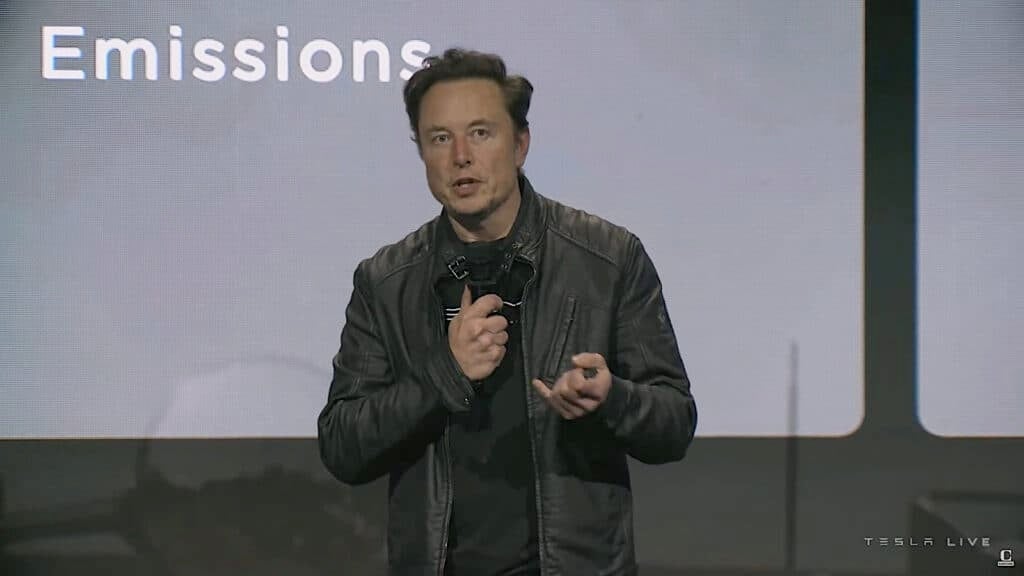Tesla is back in court this week as a plaintiff seeks to restore a $137 million verdict in a racial discrimination lawsuit.

The EV maker has faced similar lawsuits — as well as sexual discrimination suits — in the past. The new trial will determine the amount of damages to be paid to a Black employee who endured racial taunts and harassment at the company’s Fremont, California manufacturing facility.
According to a Reuters report, the new trial is scheduled to conclude by the end of this week. The repeat of the damages portion of the trial is necessary because the original trial judge reduced the jury’s $137 million judgment to $15 million.
The plaintiff, Owen Diaz, is seeking a new action to restore the judgment, which is one of the largest ever awarded in a workplace discrimination suit.
The original trial concluded in 2021 with the larger judgment. The presiding U.S. District Court Federal Judge, William Orrick, accepted the guilty verdict against Tesla, but based on U.S. Supreme Court guidelines, reduced the damages judgment to $15 million. The Supreme Court has ruled that punitive damages should not exceed 10 times the amount of compensation damages.
The original trial jury awarded Diaz almost $7 million in compensation, and then issued a judgement for $130 million in punitive damages against Tesla. Orrick reduced the judgement to $1.5 million in compensation and $13.7 million in punitive damages.

Now Orrick is again presiding over the new damages trial and has ruled that no new evidence or witnesses may be presented. However, Diaz and other workers and management at Tesla do plan to testify.
Other employees allege the same behavior
The year 2017 was full of employee harassment suits at Tesla. As an example, former Tesla employee Melvin Berry got $1M in arbitration. Berry, who is Black, alleged that he was called a racial slur at work, and fellow employees drew swastikas and other offensive graffiti around the Fremont plant.
“I hope the world knows that an arbitrator found Tesla treats its employees like this,” the 47-year-old Berry told Bloomberg News in a telephone interview at the time.
The arbitrator’s judgment was supposed to be confidential, but later became a matter of public record when Berry was forced to sue in civil court to compel Tesla to actually pay the judgment.
Also in 2017, a lawsuit filed by Marcus Vaughn alleged that he was also called by a racial slur by co-workers and managers. Vaughn, who is Black, sued Tesla for inaction.

“Although Tesla stands out as a groundbreaking company at the forefront of the electric car revolution, its standard operating procedure at the Tesla factory is pre-Civil Rights era race discrimination,” stated Vaughn’s lawsuit.
Sexual harassment issues
Tesla is also facing lawsuits alleging sexual harassment and discrimination. Again in 2017, a lawsuit was filed by former employee A.J. Vandermeyden, who accuses the automaker of tolerating a culture of “pervasive harassment” at its assembly plant in Fremont, California.
In a report by the Guardian newspaper, the 33-year-old Vandermeyden opened up about why she was suing Tesla for sexual harassment after being fired from her job in Fremont. The paper outlined conditions that many employees described during a Tesla town hall meeting earlier this year as a “predator zone,” where, they charged, female workers were open targets for male bosses.
The newspaper said more than 100 people attended the March town hall meeting, with at least 20 women openly expressing their concerns about harassment, limited diversity programs and the lack of women in managerial positions.
In her lawsuit Vandermeyden notes she was hired by Tesla in 2013 and was subsequently promoted to a manufacturing engineering position. But she claims she and other women in the factory received lower pay than men in similar roles, often despite having superior qualifications. She also claims she was targeted for harassment after speaking out. She went public in February, a month before the town hall meeting.
In May, Tesla hired its first C-suite female executive, Gaby Toledano, to oversee human relations. One of her first moves was to fire Vandermeyden.
“I’m the one who spoke up, and they’re saying, ‘One way or another, you have to leave.’ How is that right?” Vandermeyden said during her interview.
Tesla has repeatedly stated that the company does not tolerate discrimination, takes complaints by workers seriously and disciplines employees who violate anti-bias policies.
- SEO Powered Content & PR Distribution. Get Amplified Today.
- Platoblockchain. Web3 Metaverse Intelligence. Knowledge Amplified. Access Here.
- Source: https://www.thedetroitbureau.com/2023/03/tesla-back-in-court-on-137m-race-discrimination-suit/



